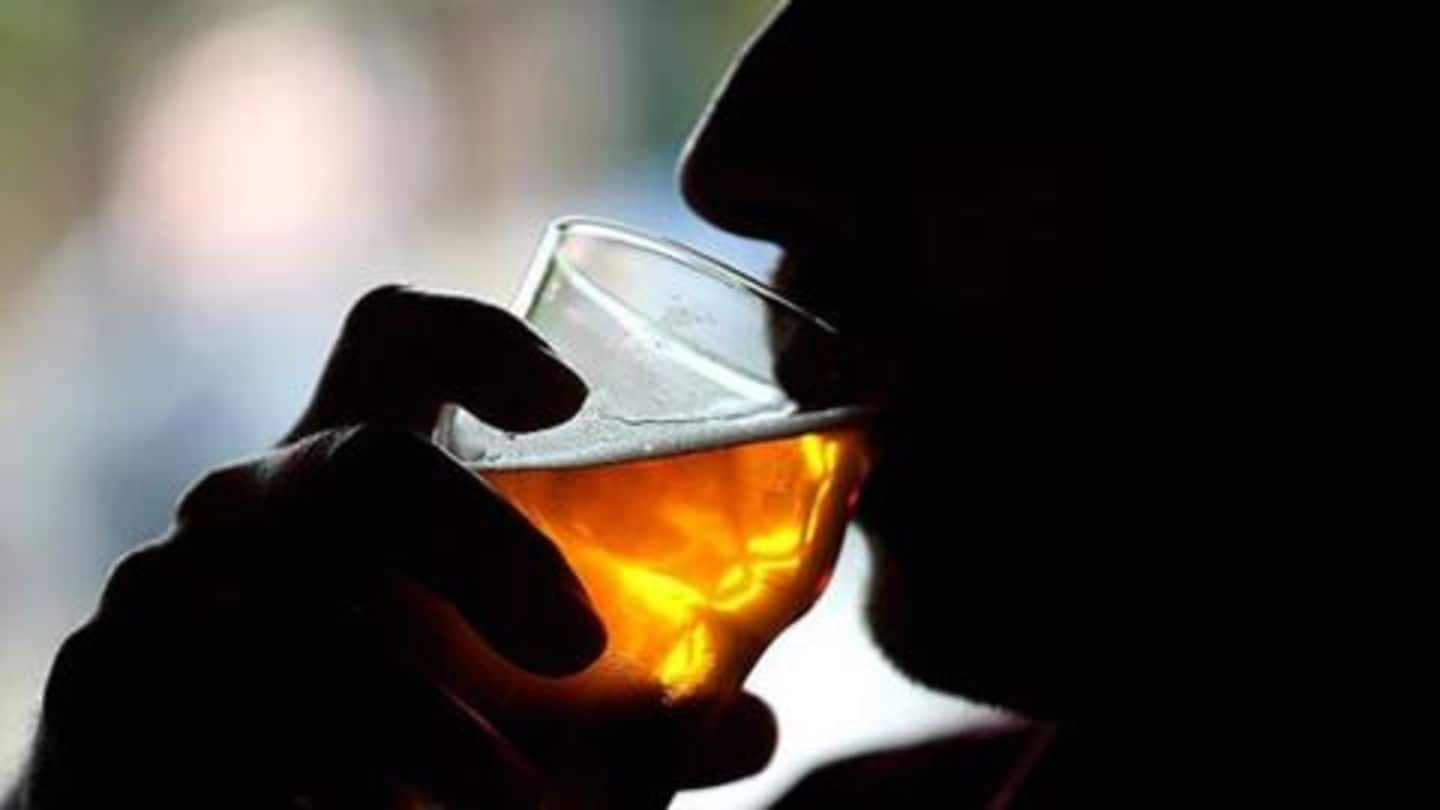
Government to launch mahua-based 'country beer' across India soon
What's the story
By next month, liquor stores and bars in India could be stocked with a new mahua-based alcoholic beverage called Mahua Nutribeverage.
Reportedly, the government plans to introduce the 'country beer' into the market in six fruit-based flavors as early as next month.
The drink would be priced at just Rs. 700 for a 750 ml bottle.
Here are more details.
Mahua
Where does the drink come from?
The Mahua drink comes from the Mahua plant (madhuca indica), according to The Indian Express.
The plant grows in the wild and in the tribal region of Bastar in Chhattisgarh, where it is significant to the local economy.
The plant's flowers are fermented and distilled to produce liquor, called 'country beer', which is favored in the tribal heartlands of Chhattisgarh and Jharkhand.
Information
Mahua Nutribeverage developed by IIT-Delhi, tribal body
Reportedly, the Mahua Nutribeverage has been developed by the Indian Institute of Technology, Delhi (IIT-Delhi) in collaboration with the Tribal Cooperative Marketing Development Federation of India (TRIFED). The drink is said to have high nutritional value and low alcohol content (5%).
Production
Drink to be marketed under Tribal Affairs Ministry scheme
TRIFED signed a memorandum with the National Research Development Corporation to look after technology transfer to suitable entrepreneurs for Mahua Nutribeverage's production and marketing.
Its marketing will be done under the Tribal Affairs Ministry's value-addition scheme, Van Dhan Vikas Karyakram, launched by Prime Minister Narendra Modi in Chhattisgarh's Bijapur in 2018. The scheme aims at training tribal clusters to add value to their products.
Quote
Awaiting licenses for sale in Delhi: TRIFED MD
TRIFED MD Pravir Krishna told TIE, "We are currently awaiting licenses from the excise department after which it will be sold at all the five Tribes India outlets in Delhi." Krishna also said each state will have to acquire relevant clearances to sell the beverage.
Quote
'Want to follow Amul model for non-timber forest produce'
Krishna said products that require primary-level processing—handicrafts, textiles, food, etc.—are marketed under the scheme.
He said, "What Amul did for milk, we want to do for non-timber forest produce through this scheme. Milk sold as milk wouldn't have got the people of Anand anything. But if you turn it into yogurt, ice-cream, desserts, the income increases manifold. That's the model we will replicate."